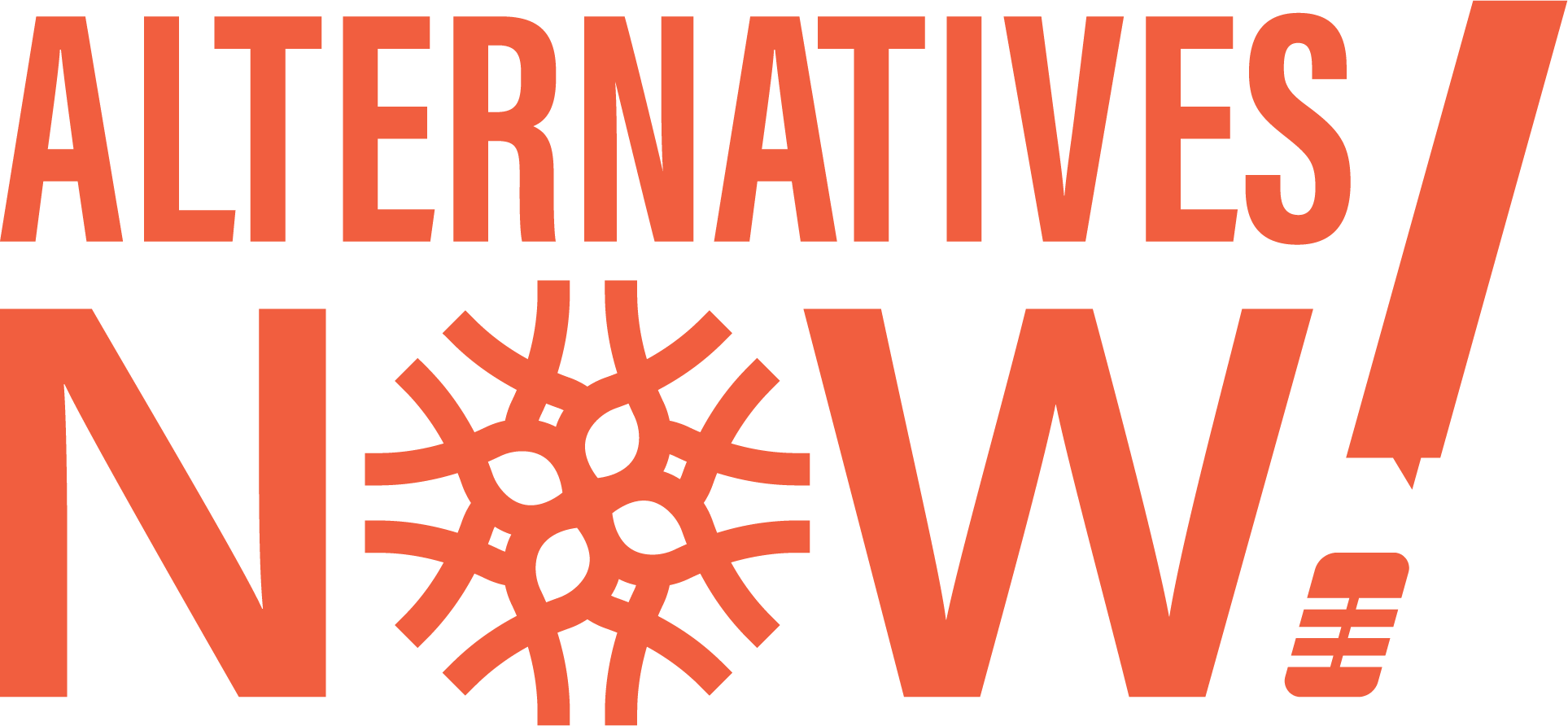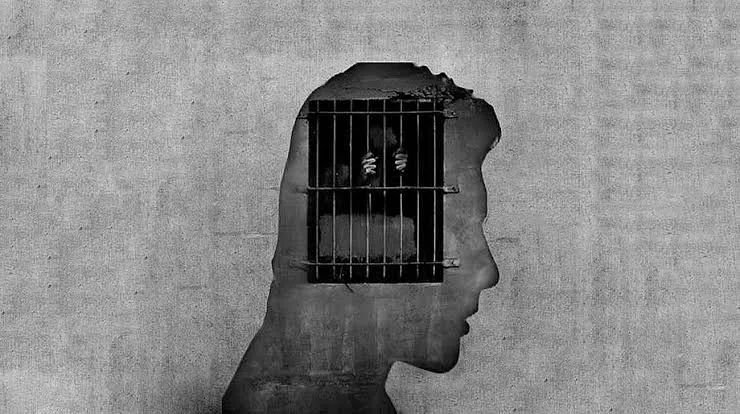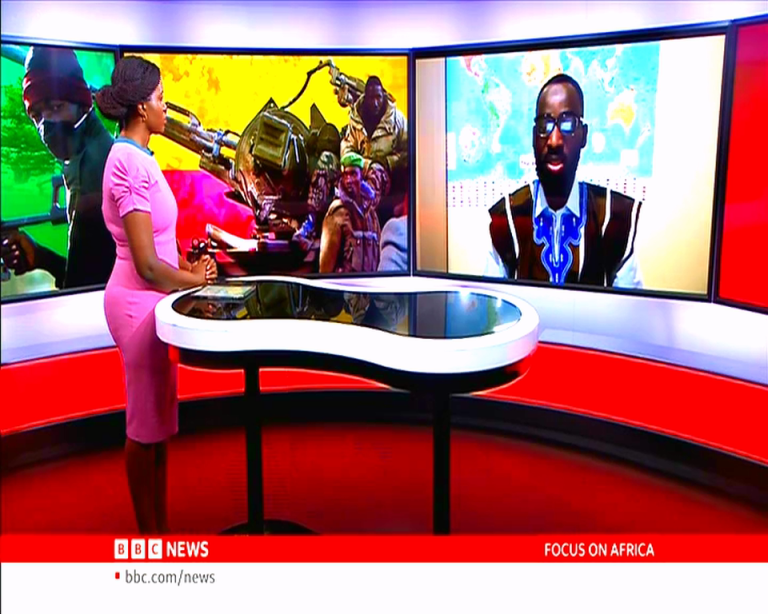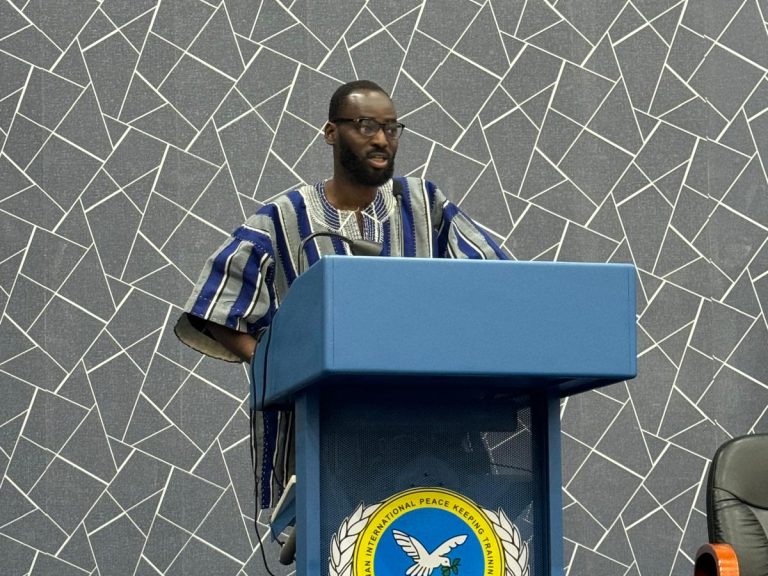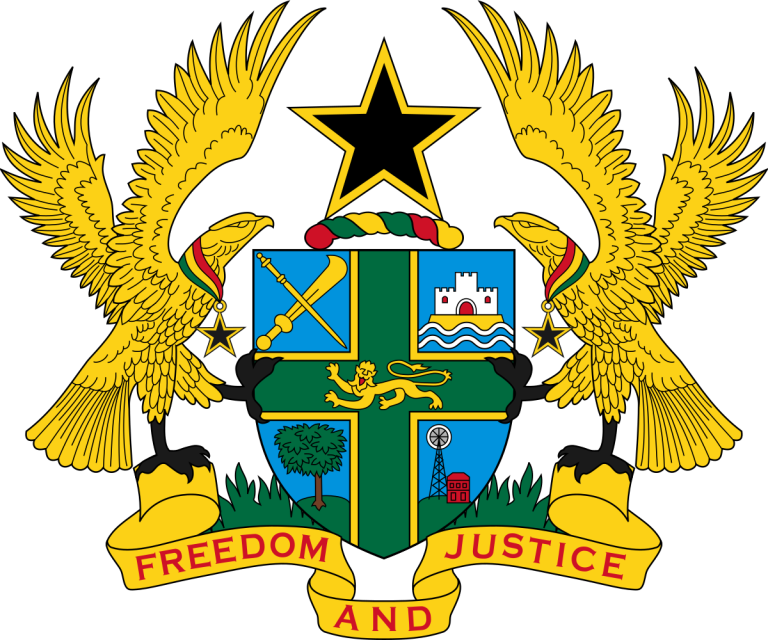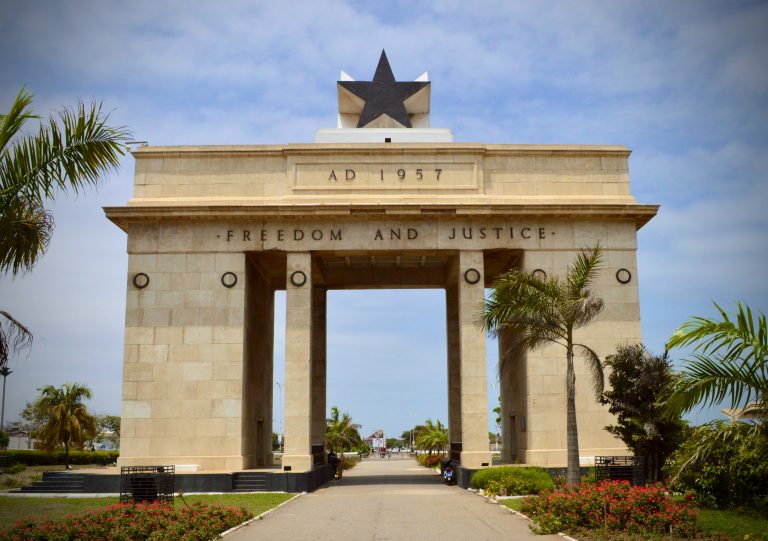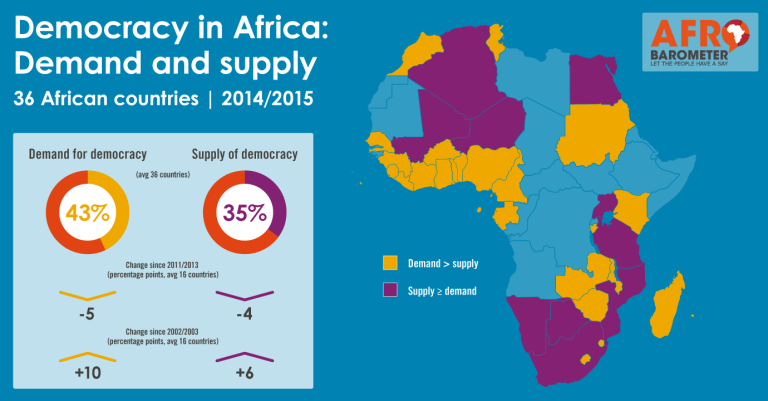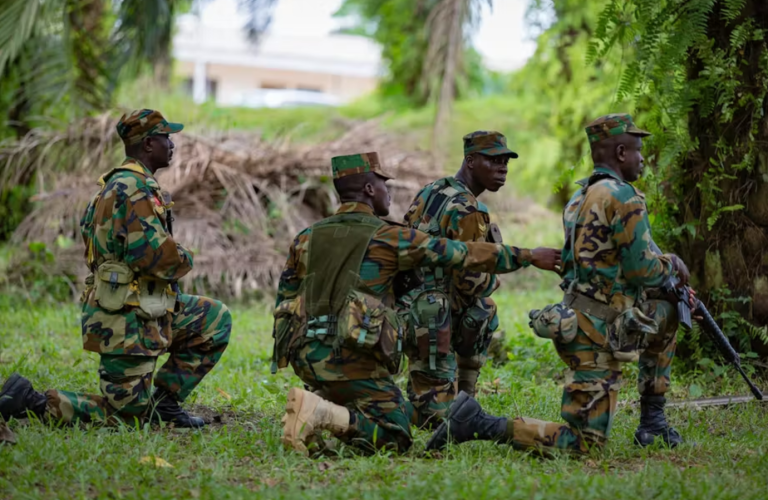Personal Reflections on Decolonization
Decolonization for me has been a matter of looking back, looking in, looking out, and finally looking ahead. Especially to my childhood years when in elementary school, we would have a horn hung around our little necks if we “broke English” by mixing it with our ethnic languages. It became a game throughout the day and the horn would get passed around to the next boy or girl.
It never occurred to me that was part of the process by which I got to learn English – through a process that made little children believe Indigenous languages were inferior. To this day, I still see this struggle reflected even at my place of work with the politicians whenever they rise to give a statement on the Floor of the House, and some of them struggle with English often attracting giggles, even though English is a third language or fourth for many Kenyans.
Today, I am not very good at speaking my ethnic language Dholuo. Neither am I at speaking English. My grandmother used to correct my Dholuo tenses all the time. My mother still does to this very day. For me now, I am undergoing some kind of reverse struggle, trying to (re)learn Dholuo, while also struggling oftentimes, to get a point across in English. It’s the irony of life. As Taiwo notes, “the schizophrenia-like condition brought about by going to school in one language and leading our non-school lives in another is one that we’ll carry with us forever” (Taiwo, 2022).
“How did we get here?” As a Kenyan, the discourses of Mau Mau and colonialism is something we are familiar with. However, this familiarity is at the surface level. Piecing information together during my doctorate research, I started to discover a pattern in terrorism and security that I had been blind to all these years.
The pattern of coloniality manifested mainly through intellectual imperialism. However, stepping out of my research, it became clear that as much as I write about intellectual imperialism in counterterrorism, I am also a product of the same system, having been trained on the very foundations of Eurocentric knowledge. How can I then be vociferous about indigeneity being part of the process? I am conflicted, almost feeling stuck between the two worlds.
Looking in and confronting my own biases, I discover that just like many others, I am on a decolonization journey especially one that involves decolonization of the mind. Looking out, my journey becomes a process, not a destination. Looking ahead, every day is still a learning process. Decolonization is not an easy process. It is combative in all aspects and requires a lot of humility in accepting to change course, un(learning) and (re)learning that sometimes the solutions we are looking for, or even going abroad to find, are often close to home.
–
(Excerpt borrowed from: 𝘛𝘰𝘸𝘢𝘳𝘥𝘴 𝘢𝘯 𝘐𝘯𝘥𝘪𝘨𝘦𝘯𝘰𝘶𝘴 𝘈𝘧𝘳𝘪𝘤𝘢𝘯 𝘈𝘱𝘱𝘳𝘰𝘢𝘤𝘩 𝘵𝘰 𝘊𝘰𝘶𝘯𝘵𝘦𝘳𝘵𝘦𝘳𝘳𝘰𝘳𝘪𝘴𝘮 𝘪𝘯 𝘒𝘦𝘯𝘺𝘢. pg. 247).
